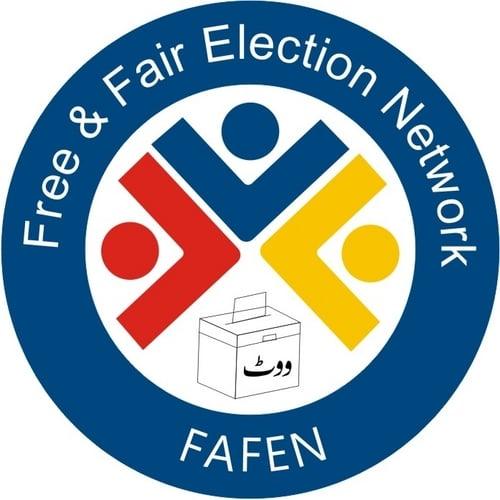Islamabad:
The electoral courts formed to judge electoral disputes related to the general elections of last year decided 11 electoral requests in January 2025, which increases the total number of petitions determined to 112 – 30 percent of the general case load.
The free and fair electoral network (FAFEN) revealed this in its sixth update on the process of resolution of electoral disputes, an update based on the systematic monitoring of electoral requests.
Of these, nine requests were decided by three courts in Lahore, while the Bahawalpur and Karachi courts decided a petition.
Among the determined requests, six were presented by independent candidates backed by the PTI, four by PML-N candidates and one by a candidate of the Itemhkam-E-Pakistan party (IPP). The 11 requests were dismissed.
The process of resolving electoral disputes had won impulse in the last quarter of 2024, with approximately 70 determined requests, mainly by the three Baluchistan courts that consist of serving the judges of the Superior Court.
However, progress slowed in January, probably due to the winter holidays observed by the Superior Baluchistan Court (BHC) from December 26, 2024 until February 25, 2025.
In contrast, the elimination of requests in Punjab accelerated the rhythm after prolonged delays caused by legal challenges to its constitution. Fafen has been tracking 371 electoral requests presented with 23 electoral courts throughout the country.
To date, the three courts in Baluchistan have collectively decided 41 of 51 disputes (80 percent). Punjab, who has nine courts, has decided 45 of 192 requests (23 percent).
The five Sindh courts have resolved 17 of 83 requests (20 percent). Khyber Pakhtunkhwa (KP), where six courts were established, has eliminated nine of 42 requests (21 percent).
Until now, 25 requests (20 percent) of 123 have been decided that challenge the results of the constituencies of the National Assembly, including 12 in Punjab, seven in Baluchistan, four in Sindh and two in the KP.




